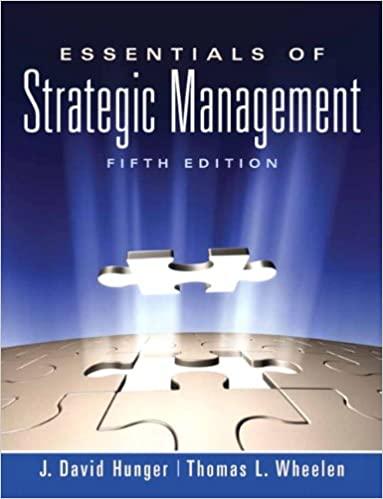Answered step by step
Verified Expert Solution
Question
1 Approved Answer
Retaliation claims have risen to the top of the Equal Employment Opportunity Commission's list of most frequently alleged claims. This significant growth in retaliation claims
Retaliation claims have risen to the top of the Equal Employment Opportunity Commission's list of most frequently alleged claims. This significant growth in retaliation claims may be attributed at least in part to the economy, where some employers have been accused of falsely relying on low demand as an excuse to "get rid of the trouble makers." A more likely factor in the increase in retaliation claims, however, are recent court decisions that have made proving retaliation claims much easier for plaintiffs. A recent decision of the federal district court, in Minnesota, illustrates this point. The court noted that merely having a good reason for discipline - in this case under-performance - may not be enough to prevent a jury verdict in favor of an employee in a retaliation case. In this whistle blower case the plaintiff alleged she was terminated after refusing her employer's request to forge client signatures to obtain certain federal benefits and that the employer waited to terminate her until it found a suitable replacement. Although the employer produced some evidence of under-performance by the plaintiff, the court determined this merely raised a "credibility issue" to be decided by a jury, which found the employer guilty of retaliating against the employee. Importantly, the court noted that in view of the proximity of the plaintiff's protected activity to the employer's decision to terminate, the employer had to "conclusively show, with abundant and uncontroverted evidence" that the employee was disciplined for a non-retaliatory reason. This case and the legal precedent on which it is based beg the question: Can employers ever discipline an employee after he/she has engaged in some kind of "protected activity" (e.g. filed a charge or alleged discrimination, wage/hour violations, or acted as a "whistleblower")
Step by Step Solution
There are 3 Steps involved in it
Step: 1

Get Instant Access to Expert-Tailored Solutions
See step-by-step solutions with expert insights and AI powered tools for academic success
Step: 2

Step: 3

Ace Your Homework with AI
Get the answers you need in no time with our AI-driven, step-by-step assistance
Get Started


